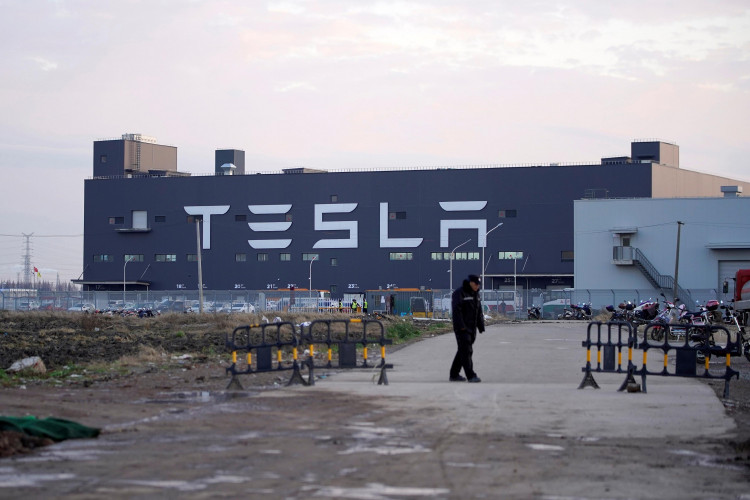As car manufacturers from the United States, Europe and other western locations jockey for position to get a good grip of the world's largest electric vehicle market, a solid number of Chinese EV makers have emerged to join the fray.
Chinese electric vehicle makers have been getting ample backing from the government. In fact, China's relentless push for a greener environment by building electric-powered cars - and hit its 70 percent car revenue target by 2025 - indicates its commitment to boost the country's EV market.
However, auto industry analysts caution that an oversupply in Chinese electric vehicles could result to marked-down prices of China's EV exports that would potentially disrupt and pressure Western car companies and become a flashpoint for another China-US trade showdown in the electric vehicles front.
Even the Chinese EV makers' top executives are aware that Tesla is the biggest name in the competition. But a good number of China's EV manufacturers are optimistic they can go head to head with the American behemoth and create their own marketable models, Jeanne Whalen, Washington Post business reporter, said.
Tesla has just rolled out its first batch of EVs from its newly constructed Gigafactory in Shanghai to clients, just a year after its inauguration in the Chinese mainland.
Electric car companies in China are positive that they still have a great chance to build their own high-quality EVs, despite the government's failure to develop and launch its own conventional all-Chinese-made cars a few years ago.
According to Chinese EV maker NIO top executive Izzy Zhu in an interview with Washington Post, "the opportunity has arrived again this time" on the EV market.
Zhu, a former BMW executive, designing electric vehicles in terms of the technical and engineering aspect, is lighter and not too complex compared to making cars with internal combustion engines.
Some owners of electric vehicles in China are not totally pleased with their Chinese-made EVs that they have actually purchased these because of the fast-processing time for license plates.
Though in recent months the country has started to slowly ease the generous incentives for EV purchases, Beijing still intends to have EVs get a bigger slice of car profits in the next five years or so.
Based on a recent study by American think-tank Center for Strategic & International Studies, China has over 450 electric vehicle companies competing for a market share of around 1.8 million vehicles.
While the country seems to be weaning producers and consumers off subsidies, analysts estimate that formal sectoral subsidies alone amounted to 123 billion yuan ($17.6 billion) last year.






